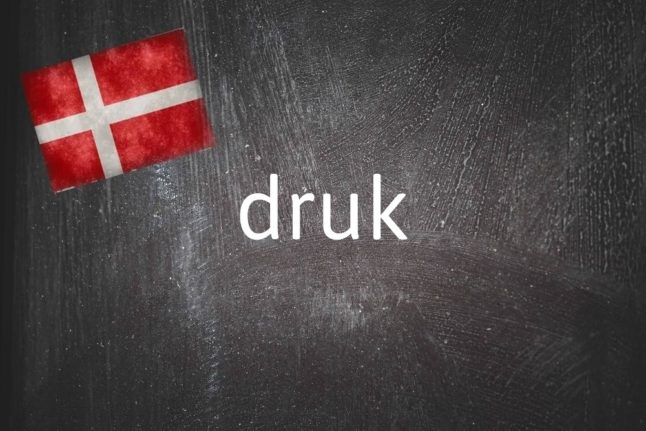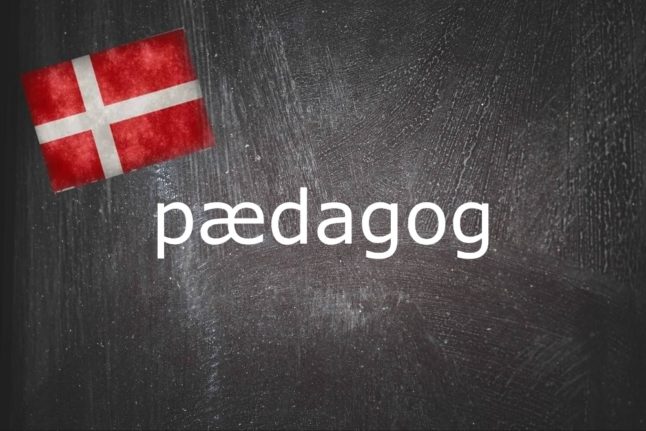What is druk?
An informal noun stemming from the verb at drikke (to drink) via en drik (a drink) and drukkenskab (drunkenness), druk is the act of consuming a large quantity of alcohol.
It doesn’t have a direct equivalent in English, but perhaps “binge” describes a similar concept.
Like “binge”, druk has negative connotations, but it also has a wider range of meanings and can described a general habit of heavy drinking, not just a single incidence.
It is distinct from the adjectives fuld (drunk) and beruset (tipsy).
Why do I need to know druk?
It can also be used in compound words related to excessive drinking. These include drukfest, a party involving heavy drinking, drukkultur, a culture of binge drinking, and druktur a “trip” or night out involving excessive alcohol consumption.
For the latter of these expressions, you might hear Danes of younger generations also refer to en tur i hegnet – literally “a trip to the fence” to refer to a night when they drank too much or beyond their tolerance limits.
Druk is also the name of an Oscar-winning Danish film from 2021. Starring Mads Mikkelsen and directed by Thomas Vinterberg, it follows four upper secondary school or gymnasium teachers who experiment with a theory that humans would be happier if their blood alcohol level is always slightly above zero.
With that in mind, Druk was an apt title for the film, which was given the title Another Round for international release.
READ ALSO: Six weird and wonderful Danish film title translations
Examples
Introduktionsugen på universitetet var en stor druktur.
The intro week at university was one big booze-up.
Hun havde en meget ulykkelig barndom på grund af hendes forældres druk og manglende omsorg.
She had a very unhappy childhood because of her parents’ drinking and lack of affection.



 Please whitelist us to continue reading.
Please whitelist us to continue reading.
Member comments